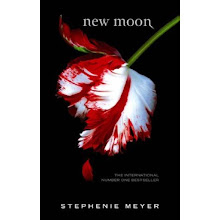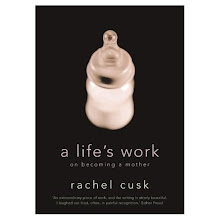 Time for me is always of the essence. I like calenders and date books, and watches and wall clocks, and marking out my day/week/year so that I know that I am making the most of my life. Because how we spend our time, is how we spend our lives. The wisest of time related quotes (that's according to moi, and after a very quick Google search) is:
Time for me is always of the essence. I like calenders and date books, and watches and wall clocks, and marking out my day/week/year so that I know that I am making the most of my life. Because how we spend our time, is how we spend our lives. The wisest of time related quotes (that's according to moi, and after a very quick Google search) is:“Time is free, but it's priceless. You can't own it, but you can use it. You can't keep it, but you can spend it. Once you've lost it you can never get it back.” Harvey MacKay
So, with only a few days in town the parentals and I took a few hours out of our day, and caught the train to Greenwich, on the south bank of the River Thames. Not only a gorgeous little university town south-east of London, Greenwich is also the home of World Time as we know it... that's GMT (Greenwich Mean Time) - and it got me wondering... what did the world do before time?
Surely, morning and noon time and evening weren't enough for people prior to GMT's implementation in the late 1800s - it took a while to catch on throughout the world, but Great Britain adopted it from shore-to-shore in 1880... Walking round the grounds of the Greenwich Observatory, the home of the meridian line (see me straddle time with style below), I felt like a little kid, I just couldn't help asking "how?" and "why?" I just knew I'd seen clocks and watches in artwork that dated before the 19th century... so, onto Wikipedia:
- Yes, there were clocks before GMT...
- The word clock is derived from the Latin word for "bell" - clocca
- Water clocks and sundials were used as far back as the 16th century B.C. in Babylon and Egypt
- Church records suggest mechanical clocks dating back from the 13th century C.E, with some evidence of mechanical clocks in Asia in the late 700s
- Spring-driven clocks were developed in the 15th century, and the first minute hand on a clock recorded in 1475 (facts courtesy of Wikipedia.com)































No comments:
Post a Comment